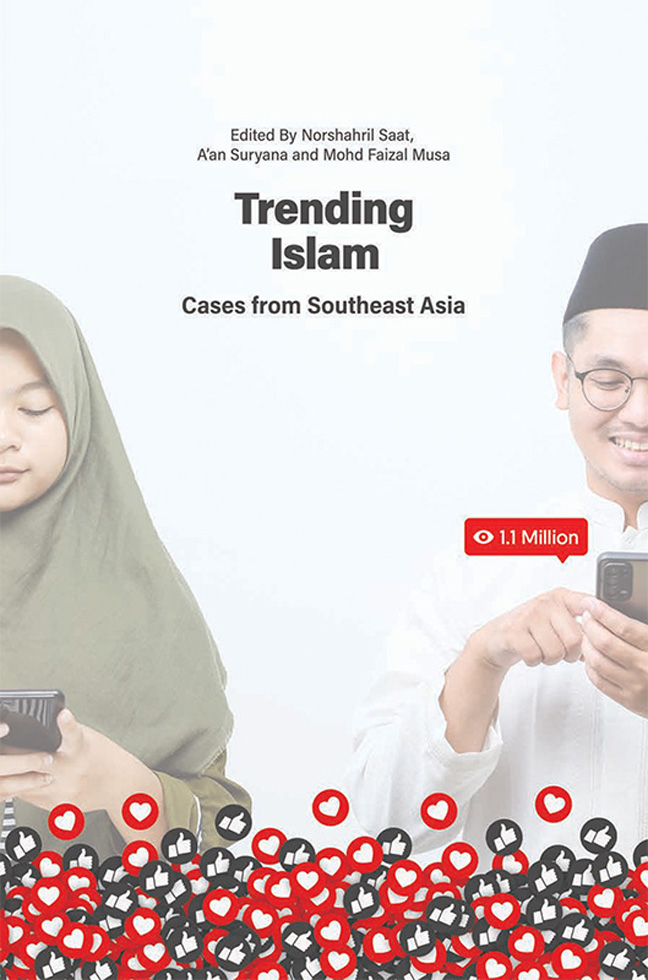10 - Being Spiritual and Trendy: Singapore’s Islamic Authority in the Age of Capitalism and Populism
Published online by Cambridge University Press: 26 March 2024
Summary
Introduction
Islam is closely tied to the cultural identity of Singapore Malays. Based on the 2021 census report, the Malays constitute 15.1 per cent of Singapore’s 5.5 million population (“Population in Brief 2021” 2021), of which 98.0 per cent profess Islam. The religious elite—the ulama (Islamic religious scholars), religious teachers, and preachers—wield significant influence on the religious community regarding spiritual matters. However, their authority has been somewhat challenged in the new media and digitization age. What does this mean for their future and the quality of religious discourse in Singapore? This chapter focuses on the movers and shakers of the Singapore Malay/Muslim community’s religious discourse and outlook.
As the religious elite ride on new digital mediums of instruction, they easily migrate from the traditional print, radio, and television platforms to the new digital ones. They utilize the Internet and have become social media savvy. Consequently, the local religious elites must venture beyond conventional ways of preaching and compete with preachers from different parts of the world as religious learning is no longer confined to the mosques and madrasahs. The pressure to apply new forms of preaching does not apply to Islamic elites only. According to Naim (2013), the rise of new Pentecostal and charismatic churches has also redefined religious authority in Christianity. He also argues that while the arrival of these micropowers does not undermine traditional authority, the “big players” can no longer take their power for granted (ibid., pp. 196–97).
However, I contend that the religious elite’s digital ventures are not necessarily accompanied by shifts in their thinking. The dominant religious orientation continues to manifest traditionalism. This orientation is now ushered by capitalism and populism, presented and repackaged with sophistication via the new media, and sustained by the growth of the Muslim middle class. The middle class riding on Islamic symbolic commodities and reaping financial incentives to raise their social positions (Muzakki 2008, p. 205) further complicates any possibility of reform. Significant changes in the discursive arena are further slowed by state policies that accord the asatizah (religious teachers) the sole authority to speak on Islamic matters. Through occupational licensing, this legitimacy given to the theologians resulted from the state’s attempt to tackle radicalism through the religious lens. Yet, moderate Islam discourse ignores attention to other aspects of modernization and development: tackling irrationalism and addressing inequality.
- Type
- Chapter
- Information
- Trending IslamCases from Southeast Asia, pp. 198 - 220Publisher: ISEAS–Yusof Ishak InstitutePrint publication year: 2023



